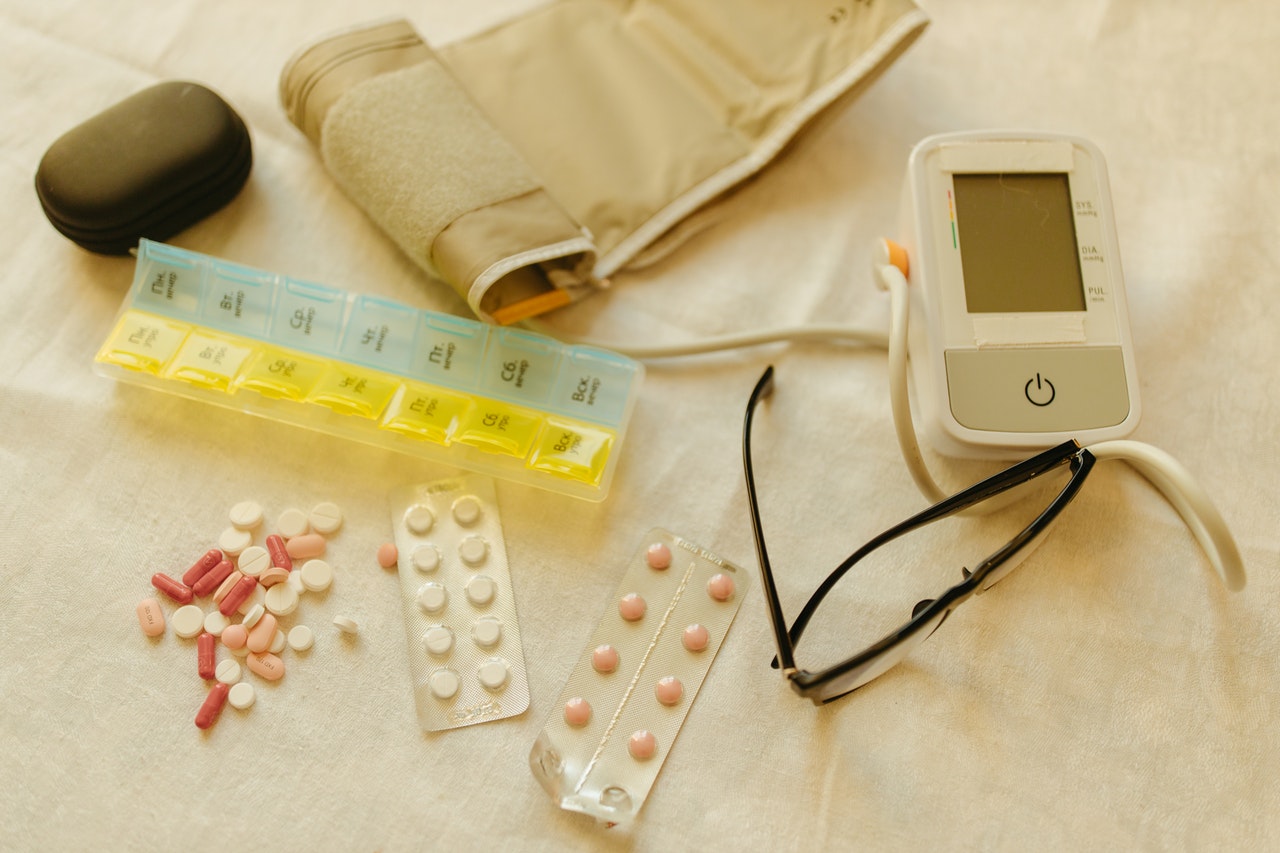
11 May Which Medications Cause Dry Mouth?
If you’re currently taking a prescription or over-the-counter medication, there’s a good chance that dry mouth is one of its side effects. Dry mouth is an uncomfortable condition that turns your mouth into a breeding ground for bacteria. At Dr. Saba and Associates, we help people in the Sun Lakes community lower their risk of tooth decay and gum disease. Continue reading to learn what types of medications can cause dry mouth and how this can affect your dental health.
How Dry Mouth Affects Your Oral Health
Dry mouth is a condition that causes low saliva production. Saliva helps flush food particles and bacteria out of your mouth and keeps acid pH levels down, so when you don’t produce enough of it, plaque quickly builds up on your teeth and along your gumline.
As the bacteria in plaque attack your teeth, they wear down your protective enamel and cause tooth sensitivity and tooth decay. Too much plaque can also cause infections of your gums (gum disease), which can lead to tooth loss and bone loss if left untreated.
Noticeable symptoms of dry mouth include a dry, sticky feeling, as well as thick and stringy saliva. You may also experience hoarseness, sore throat, bad breath, and changes in your sense of taste. If you wear dentures, dry mouth can also prevent them from fitting correctly.
What Types of Medications Cause Dry Mouth?
Understanding the cause of your dry mouth symptoms can help you find long-term relief. Over 500 medications cause dry mouth, so we put together a list of the most common types of medications that have a drying effect on your mouth. If you suspect your prescription drugs are drying out your mouth, speak with your doctor to see if you can adjust your medication.
1: Pain Killers
Over-the-counter (OTC) and prescription medications that treat pain commonly cause dry mouth as a side effect. Painkillers like NSAIDs and opioids affect your nervous system, which is responsible for stimulating saliva production.
Common painkillers that can lead to dry mouth include:
- Ibuprofen
- Acetaminophen
- Codeine
- Hydrocodone
2: Heart Disease and Blood Pressure Medications
According to the American Heart Association, around half of American adults have high blood pressure and a higher risk of heart disease. The medications that treat heart disease and lower blood pressure have also been known to dry out your mouth.
Some heart disease and blood pressure medications that can cause dry mouth include:
- Enalapril
- Nifedipine
- Beta blockers
- Angiotensin-converting enzyme (ACE) inhibitors
3: Antidepressants
In the United States, anxiety disorders are the most common type of mental illness, and many of those who are diagnosed with an anxiety disorder are also diagnosed with depression. Antidepressants treat both anxiety and depression, but may decrease saliva production as a side effect.
Some types of antidepressants that can cause dry mouth include:
- Serotonin and norepinephrine reuptake inhibitors (SNRIs)
- Selective serotonin reuptake inhibitors (SSRIs)
- Tricyclic antidepressants
4: Anticholinergics
The group of medications known as anticholinergics treat a wide range of conditions, such as overactive bladder, allergies, and asthma. These types of prescriptions slow the production of saliva, tears, and mucus in the body in order to treat many different conditions.
Some anticholinergic medications include:
- Oxybutynin
- Fesoterodine
- Trospium
5: Antihistamines
Anticholinergics that treat allergies include antihistamines such as:
- Diphenhydramine (Benadryl)
- Fexofenadine (Allegra)
- Cetirizine (Zyrtec)
- Desloratadine (Clarinex)
- Loratadine (Claritin)
6: Asthma Medications
Asthma inhalers (bronchodilators) also have an anticholinergic effect on the body, decreasing saliva flow.
Soe bronchodilators that can cause dry mouth include:
- Albuterol
- Salbutamol
- Fluticasone propionate/salmeterol (Advair)
7: Decongestants
Dry mouth is also a side effect of many OTC decongestants used to control mucus, including:
- Pseudoephedrine (Sudafed)
- Oxymetazoline (Vicks Sinex)
Gentle Dentist in Sun Lakes, Arizona
Regular preventive dental care is especially important when you suffer from dry mouth. Preventive dental care and restorative treatments from Doctors Saba and Romanin in Sun Lakes can help you keep tooth decay and gum disease at bay while you cope with dry mouth. Give us a call at 480-895-2111 today to schedule an appointment.
Images used under creative commons license – commercial use (5/10/2022). Photo by Yaroslav Shuraev from Pexels



